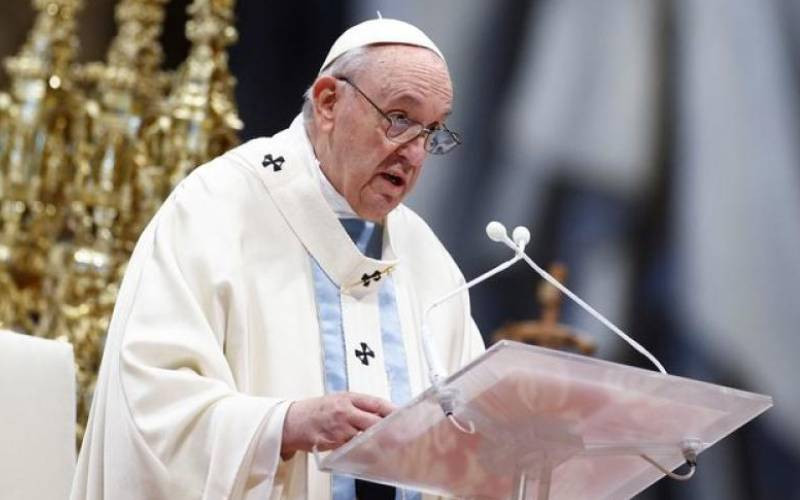×
The Standard e-Paper
Fearless, Trusted News

Pope Francis is a courageous and fearless leader who doesn't shy away from addressing thorny issues and new challenges facing the church in the world today.
His recent pastoral advisory on blessings for Christians in "irregular relationships" - including divorcees, polygamous and LGBTQ couples - has caused quite a stir especially in Africa.